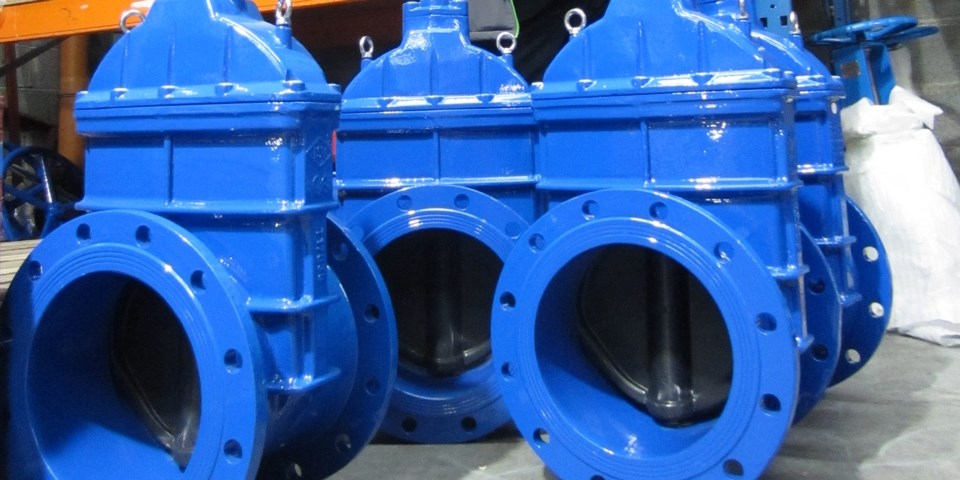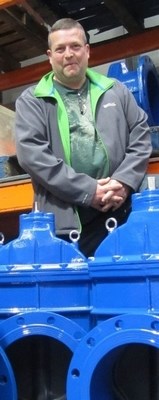Article by David Sear
___
___
In the late 1990s, when Mr. Murray and his father were planning to emigrate to Ireland, they knew right away that they wanted to set up in the valve and pump business. The only uncertainty was which specific areas of industry to target. “We both had an extensive background in valves so establishing a flow control business together was a logical choice,” comments Mr. Murray. “We initially considered markets such as the process industry and pharmaceuticals, but quickly realised that it was the water industry that offered the best scope for growth. At that time a lot of money was being invested in the water infrastructure and spending levels remain high to this day.”
An understanding of the demographic composition of Ireland has contributed to Irish Pumps & Valves’ success ever since. “For example, consider the population density. Now Ireland has a relatively small population for its size with many people living in rural areas relying on bore holes for drinking water plus septic tanks to dispose of dirty water,” notes Mr. Murray. “As the government has plans to connect more and more areas to centralised services this is just one of the project-driven opportunities that exist in the country.”
Another demographic trend that Mr. Murray mentions is driving the project business is rapid population growth in urban areas and the attendant need to increase treatment capacity.
An additional interesting side-effect of Ireland’s size and population spread is that many water treatment facilities are small in scale. The logical consequence is that the valves used in such facilities are also modest in size, states Mr. Murray. “Hence if a valve fails or needs repairing it is often more economical to simply replace the valve with a brand-new one as it is to carry out the repair work. That’s why the maintenance market for water plants in Ireland is significantly lower than in other countries. Moreover water applications are not particularly arduous so provided a valve is properly sized and commissioned then that valve will normally lead a long and happy life!”
Always double-check
Discussing his initial years in Ireland Mr. Murray recalls that in the 1990s project sales followed on from technical consultation and price negotiations with local parties such as engineers and site managers working for local authorities. That picture changed somewhat in 2013, he says, with the formation of Irish Water, a national water utility with responsibility for providing water and wastewater services throughout Ireland. “As a supplier we now talk extensively to Irish Water about project requirements, valve specifications, procurement decisions and framework agreements.
The formation of Irish Water has been very good for the market as staff have focussed strongly on quality control and highlighted the need for consistency. However local contacts with individual water plants as well as civil and mechanical contractors remain very important for equipment suppliers.”
Bringing our pleasant interview to a close Mr. Murray invited Valve World for a quick warehouse tour where we saw a wide range of valves, from ¼ inch ball valves to 2 meter penstocks. “Supplying the water industry takes more than just epoxy-coated gate valves,” notes Mr. Murray. “That’s why we also offer various styles of check valves, butterfly valves, knifegate valves, etc, and have a workshop where we can fit and test actuators. Having stock on the shelf is an expensive proposition but means we can be much more responsive to customers’ maintenance and project requirements.”
Finally, Mr. Murray comments that even though products for, and applications in, water plants might appear straightforward, advising customers remains a key task. “We always double-check what our customers wish to buy. Recently for example a client had specified a butterfly valve for dirty water service so we advised him that an alternative Valve would be much better suited to this application. In another instance we received an order for an expensive modulating electric actuator. After taking a closer look at the application we were able to advise the client that all he needed was a simple on/off actuator, thus saving him quite a lot of money.
Customers cannot be expected to be experts when it comes to valves and actuators, so it is our job as informed stockists to help them out.”



